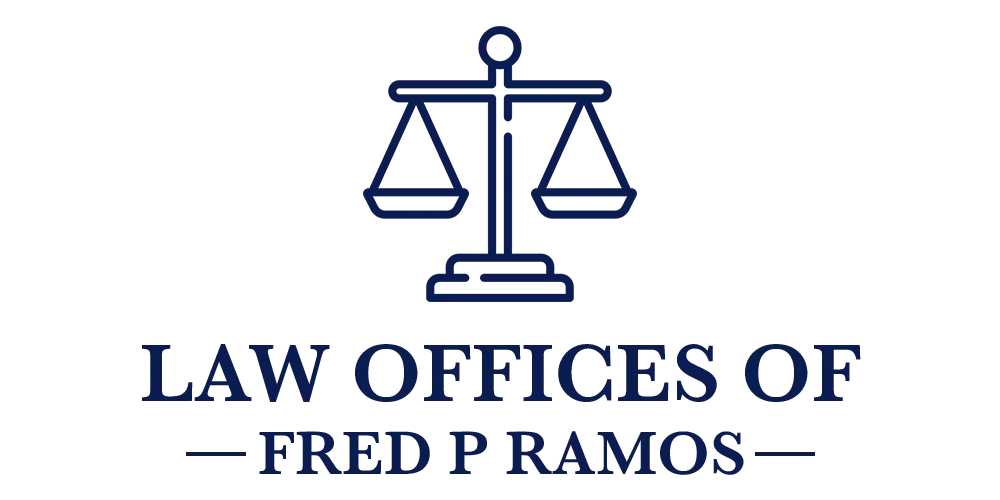Economic vs. Non-Economic Damages in a Personal Injury Case
Economic vs. Non-Economic Damages in a Personal Injury Case
When you have been injured as a result of someone else's fault or negligence, you are entitled to sue this person for a monetary award called "damages." Damages are further broken down into economic and non-economic damages. In this article, we will look at the difference between economic and non-economic damages and provide examples in the context of personal injury law.
What Are Economic Damages?
Prior to the personal injury you suffered because of the defendant's actions, you were in a particular position in your life and career. You earned a level of income, presumably on a positive trajectory. However, the injury may have seriously impacted your ability to work and advance in your chosen profession. You may have had to give up business opportunities you would have taken advantage of before you were injured. On top of that, you may have had substantial medical expenses because you needed treatments or physical rehabilitation. If there was also damage to your property — personal property or vehicle, for example — you may have incurred expenses to repair or replace it.
Damages are intended to "restore" you to the position (or as close to it as possible) you were in — or w ould have been in — before the incident that caused your injuries. Economic damages are pretty easy to quantify — and justify — through receipts and other documents. In some cases where the necessity of a procedure or expense is disputed, you may seek evidence to support your arguments.
How Do You Calculate Medical Expenses?
Medical expenses include:
- medical appointments and follow-up visits
- prescriptions
- lab tests, such as blood, X-rays, MRIs
- physical therapy/rehabilitation
- surgical procedures
- assistive devices, such as wheelchairs, prosthetics
- home health care, such as assisted living
- counseling and therapy
It is pretty straightforward to calculate expenses you have already incurred or are presently incurring. However, when it comes to future medical costs and needs, you may need an expert to advise the court on what is necessary and reasonable expenses. The expert will apply estimated inflation rates in the medical field, the quality of the medical care available to you, your age, life expectancy, and how healthy you were before the injuries.
To claim a medical expense, you not only have to prove how much it costs or will likely cost, but that you would not be incurring it but for your injuries. For example, if you require someone to come to your home and help cook and clean as a result of your injuries, you are entitled to reimbursement. However, if you had always had a housekeeper before you were injured, it would be inappropriate to claim this expense as part of your personal injury case.
How Do You Calculate Income Loss?
In most personal injury cases, you will be seeing three kinds of lost income:
- lost wages in the past
- lost wages in the future
- loss of earning capacity
Again, past lost wages are pretty easy to calculate. The math can be simple if you have set salaries and took a particular time off. If you are self-employed and your income varies or is seasonal, it's a little more complicated to formulate. Nevertheless, you can usually come to a reasonable estimate based on the numbers.
When it comes to calculating future lost income and loss of earning capacity, there are variables such as how much of a raise you would have gotten and when you would have gotten raises. You must also factor in your age when you would likely have retired, the state of the industry or profession you're in (for example, if it's declining or being obsolete, or expected to boom), how successful your business model is, as well as promotional possibilities.
What Are Non-Economic Damages?
Not all loss is directly quantifiable. Unlike economic damages, the jury subjectively assesses non-economic damages because they relate to non-monetary losses. These are things like:
- pain and suffering
- emotional distress
- worsening of prior injuries
- loss of society/companionship
- lost of enjoyment of activities/life
- humiliation
- damage to reputation
- inconvenience
- loss of consortium (for spouses)
These represent the detrimental impact your injuries have had on your everyday life. If you were physically active before your injuries but are now unable to do the activities you love — or severely limited in your ability to do them — your lifestyle has been compromised. You may be withdrawing socially either because you were part of activity groups or because you are suffering from pain or anxiety. If your spouse had been the primary breadwinner and you have children together, their wrongful death affects the family economically and emotionally.
Because there are no specific, provable losses with non-economic damages — like invoices or bank statements — it can be challenging for a jury to assign value to this type of compensation. This is why non-economic awards can seem inconsistent and "all over the map" — and why many states have different rules and caps when it comes to determining the monetary amount.
Calculating Non-Economic Damages
When deciding how much your non-economic damages are worth for these intangible injuries, the jury will be considering factors like:
- how severe they are
- how long they will last
- how many areas of life they will impact
- how they affect your quality of life in totality
Sometimes the non-economic damages end up being the total economic damages multiplied by a number in the range of 1.5 to 3, 3 representing the most severe injuries. In other cases, a number is devised that defines what a day without those injuries would be worth to you, then multiplied by the length of time the injuries are likely to last. Alternatively, you may be asked what your life was like before and after the accident or event and to describe the range of your past abilities and current inabilities in percentages.
How Can a Lawyer Help Determine Your Economic and Non-Economic Damages?
A personal injury lawyer will be familiar with rules and patterns the courts in your jurisdictions use to determine the amount of a damage award. They will also know the best way to calculate and maximize damages and what you need to do to prove or justify the amount you seek. They will also represent you in negotiations and court dealings, ensuring that you don't say or do anything that may diminish the damages to which you are entitled. That is why you should seek the advice of a personal injury lawyer before trying to figure out how much you can expect to get for your injuries.











